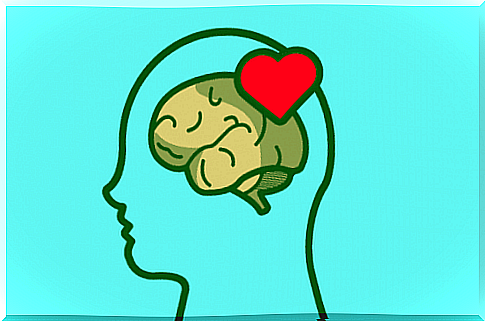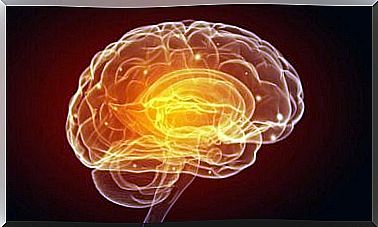Emotional Expressions And Their Many Benefits

At a clinical level, researchers have discovered that emotional expression is liberating. They also bring people closer together and generate a sense of well-being, even if it is completely subjective. In other words, you should give yourself permission to speak. Do not keep things to yourself. Dance and write, even if you do not share or express directly what you feel, even if it is just to get it out of your head.
In his bestseller about e mosjonell intelligence (EI) explains Daniel Go limb a n that a person’s success is not 100%, depending on a person’s IQ or academic level. Emotional intelligence is actually far more important.
Emotional intelligence is, as Goleman points out, the ability to identify one’s own and others’ feelings. The purpose of this is to better deal with your own emotions and have more productive relationships with the people around you.
People who have this ability know how to recognize their own feelings. They also know why they feel them. They realize how their emotions affect their behavior and productivity. They also know how to associate them with their own values and goals.

Seven benefits of emotional expression
We can say that there are three aspects to emotional intelligence. The first aspect is about our ability to interact with other people. The second aspect involves organizing all aspects of our personality that contribute to success. The third aspect can be described as our ability to regulate and handle emotional information (Mayer et al.2000).
In general, we can say that emotional intelligence refers to the ability to perceive, understand, argue and deal with one’s own and others’ emotions (Goleman 1998; Mayer et al. 2000). It also involves the ability to be conscious of emotions, and how these in turn affect and interact with so-called traditional forms of intelligence.
This section focuses specifically on the part of emotional intelligence that corresponds with expression. It involves the ability to regulate and manage emotional information. In other words, emotional expression and emotional awareness are abilities that help you:
- to be able to separate the feeling itself from yourself
- to simplify conflict prevention and be more solution-oriented
- to become aware of distortions
- to get in touch with your own needs
- to understand emotions
- to receive understanding and support
- to trigger tensions
Emotional intelligence and today’s society
Our societies do not teach people to be emotionally intelligent. On the contrary, a number of authors argue that today’s society is highly dependent on aggression, school violence and social conflicts in general.
In such a situation, one may ask whether we do not have an urgent need to create a new and appropriate framework for education and learning. A system that ensures that our societies have as few cases of “emotional kidnapping” as possible.
To cope with this requires a better understanding of one’s own and others’ feelings as well as an expanded and improved control of personal and social situations. A system that not only has, as the current education system has, “personal balance” as its goal. We need a system that also seeks to create and maintain a “social balance” (Gutiérrez & Garcia Cué, 2015).

Communication and emotional expression are a necessity for societies in crisis. The human brain tends to switch to autopilot and tends to do more of the same when in a stressful situation. This tendency becomes even more complicated when a person lacks emotional intelligence. Therefore, it is also a completely wrong approach in a world that looks like ours.
Peter Salovey, who is one of the leading pioneers in emotional intelligence and research that promotes health, believes that by the end of the decade, we will have research that demonstrates the purpose of emotional expression. In addition, we will be able to show that emotional competence has a lot to do with a person’s performance in a number of areas.









